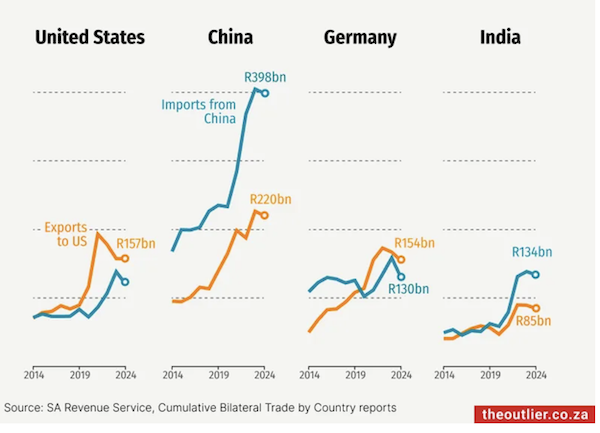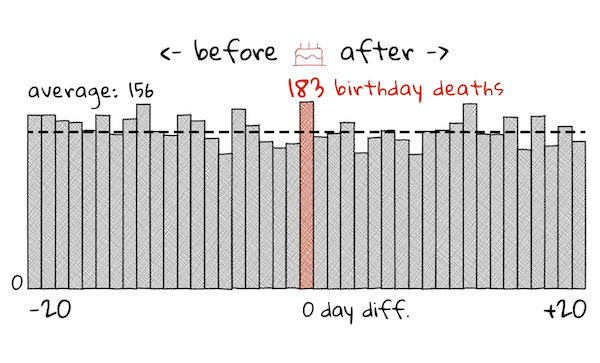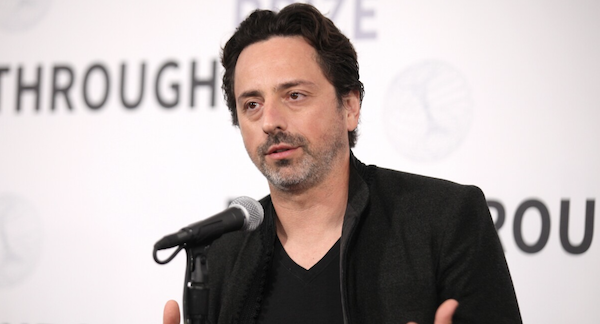Market scorecard
Wall Street was offline for Memorial Day, but European markets enjoyed a positive session yesterday. The Stoxx Europe 600 shook off Friday's slump after Donald Trump hit pause on his earlier threat to slap 50% tariffs on trade with the EU. True to form, he kept markets guessing, rattling sabres one day, pulling back the next.
In company news, Thyssenkrupp surged over 8% on news that its CEO is plotting a shake-up to transform the industrial giant into a holding company, paving the way for streamlined operations and more divestments. Volvo Cars added nearly 5% after announcing plans to trim 7% of its global workforce.
Izolo in Mzansi, the JSE All-share closed up 0.21%. That's it.
Our 10c worth
One thing, from Paul

Is it a good idea to juice up stock market returns by adding leverage? If you like the outlook for a particular company so much, why not buy some with borrowed money? Or look for a single-stock ETF that doubles up the stock's daily return?
Absolutely not, that's a terrible idea. Adding leverage to an equity investment is like adding shit to ice cream - it ruins the whole thing.
Instead of extra gains, you get killed during the drawdowns.
I'm reminded of this great quote from Timothy Geitner (pictured here). He was the President of the Federal Reserve Bank of New York from 2003 to 2009, and US Treasury Secretary from 2009 to 2013, so he was in charge of saving the world economy during the subprime mortgage crisis.
"It was an absurd sign of the times that 'enhanced leverage' had become a selling point for an investment vehicle, instead of a warning; it was like naming a new car model after its faulty brakes."
Byron's beats

The South African delegation's visit to the White House last week has the whole country talking. It's quite unusual for our country to receive so much global attention. These are not ordinary times.
It's very important that we maintain strong relations with the US. Take a look at these graphs created by The Outlier, showing the countries that are South Africa's biggest trade partners.
The US is the second biggest buyer of South African goods. Due to the size of its economy, it should be much bigger. It's imperative that we avoid picking fights with America, during the Trump administration and beyond.
The meeting felt like a shambles at times but I am very glad there was dialogue and from the sounds of things, the additional conversations that happened behind closed doors were mostly productive.
Michael's musings

In a world full of fake news and half-truths, it is important to look at the data. The problem is that analysing numbers can be very complicated, and outcomes can be manipulated to prove just about any argument.
Have you heard about the birthday effect? Researchers found that people have a higher chance of dying on their birthday than on any other day of the year. This article takes the reader through all the steps required to prove or disprove this phenomenon - The distribution of death counts.
The author does a great job of keeping things simple, so that non-statistical people can easily understand the process. You will note that many adjustments can be made to the data, which can significantly impact the findings, like allowing for seasonality and sample size.
Closely analysing the numbers behind every claim that you hear is impossible. Thinking for yourself and finding data from reliable sources is very important, but it's easier said than done.
Bright's banter

We admire individuals for building huge technology businesses, but I find it even more inspiring when their success allows for something meaningful, especially when it's done quietly.
Last week, Sergey Brin, the co-founder of Google and the 10th richest person in the world (worth $143 billion, no big deal), donated nearly $700 million worth of Alphabet shares to various charitable causes.
The bulk of it went to Catalyst4, a nonprofit he founded to support research into neurological disorders and climate change solutions. The rest was split between his family foundation and the Michael J. Fox Foundation, the latter being one of the world's leading supporters of Parkinson's research.
It's not the first time we've seen billionaires give back, but what struck me here was how low-key it was. No splashy headlines. No red carpet. Just a regulatory filing and a quiet statement from his family office. That's class.
It reminds me of something Winston Churchill once said: "We make a living by what we get, but we make a life by what we give." Or this quote from Anne Frank: "No one has ever become poor by giving."
If you're fortunate enough to be building wealth, whether you're holding large investments, growing a business, or just making smart financial choices, don't forget the power of generosity. Giving back doesn't always mean millions. It can also be time, knowledge, or kindness.
Linkfest, lap it up
Apple has the most profitable retail stores per square metre. In 2001, a news article ridiculed the idea of opening dedicated iStores - Sorry, Steve Jobs, you were right.
Smart glasses are the new 'it' gadget. Meta, Google, Apple and others are all building their own versions - Your specs will be getting an upgrade.
Signing off
Asian markets are a mixed bag this morning, with some bourses up and some down. Thailand's second-richest person Charoen Sirivadhanabhakdi transferred ownership of two major listed companies to his five children. His business empire includes Thai Beverage and Frasers Property Group.
In local company news, Dis-Chem is looking strong going into results season, expecting full-year headline earnings per share to rise by around 20%. Sales are up 7.2% compared to last year.
The Rand is still perky, holding at R17.85 to the US Dollar.
US equity futures are up smartly, so we are expecting to recover some of Friday's losses today. The highlight of the rest of the week will be Nvidia's results, out after the market close tomorrow night.
Have a nice day.